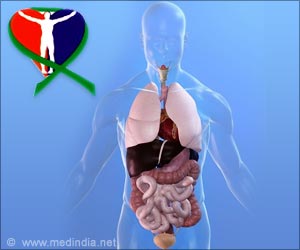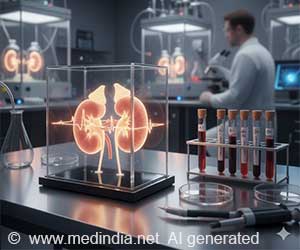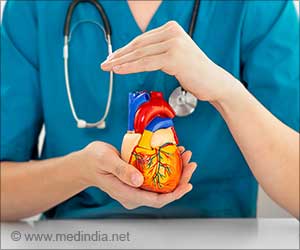Shakeer suffering from Type-1 Diabetes got a new lease of life after undergoing the first successful simultaneous pancreas-kidney transplant in Karnataka.

The transplant was performed by a team of Nephrologists at BGS Global Hospital five weeks ago. Since he had developed several complications, doctors suggested that a combined pancreas and kidney transplant would be the best for him, especially because of his poor diabetic control.
Dr Anil Kumar, Consultant Nephrologist at BGS Global Hospitals, who treated Shakeer, said, “He had initially come to us for consideration of a kidney transplant. However, due to poor diabetes control, it was decided that only a combined pancreas and kidney transplant would help the patient.”
A combined pancreas-kidney transplant is a complex procedure and the surgical risks are higher than a kidney transplant alone. Shakeer said he would like to thank the organ donors’ families and the medical experts who helped him.
Dr Sonal Asthana, consultant organ transplant surgeon, said, “The operation lasted around seven hours. We did not remove any diseased organs from the body. The new kidney was placed on the lower left side of the abdomen and connected to the nearby blood vessels and the bladder. The ureter was attached to the bladder. The pancreas was connected to blood vessels on the lower right side of the abdomen. The pancreas and the kidney worked right away, and Shakeer did not require any insulin soon after the surgery was completed.”
Source-Medindia
 MEDINDIA
MEDINDIA




 Email
Email










